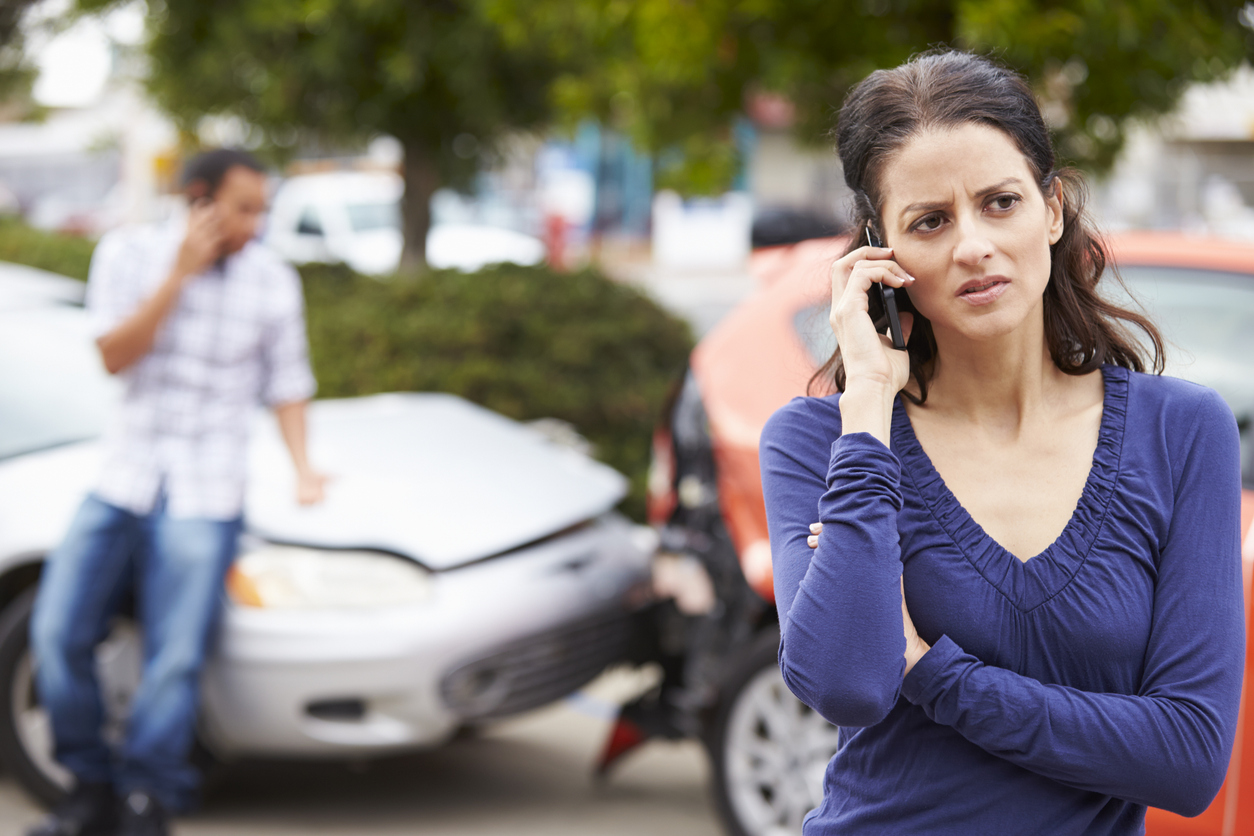How is North Carolina Law Designed to Protect Victims of Drunk Drivers?
Drunk driving causes thousands of car crashes in North Carolina every year. Innocent victims of these collisions often suffer severe, life-changing injuries, and tragically, fatalities are not uncommon. The state takes a firm stance against impaired driving and aims to hold drunk drivers accountable while providing recourse for those harmed by their reckless actions. North Carolina law provides several avenues for victims of impaired driving accidents and their families to seek compensation for their injuries and losses. An experienced and compassionate drunk driving accident attorney from Rowland & Yauger Attorneys & Counselors at Law can help guide you through the litigation process and explain the relevant laws that could impact your claim.
What Rights Do North Carolina Drunk Driving Accident Victims Have?
Under North Carolina law, victims of drunk driving accidents can pursue compensation through civil proceedings. In civil cases, injured parties can file personal injury lawsuits against the impaired driver to recover damages. North Carolina imposes a three-year statute of limitations on personal injury claims, meaning victims must begin litigation within three years of the date of the accident. Being mindful of this timeframe is crucial, as failing to file within the statute of limitations can result in losing your right to seek and recover compensation.
Survivors of drunk driving accidents in North Carolina can seek various types of compensation, including:
- Economic damages: Covers quantifiable monetary losses such as property damage, medical expenses, and lost wages
- Non-economic damages: These damages compensate for intangible losses like the loss of enjoyment in life, emotional distress, and pain and suffering
- Punitive damages: In cases where the drunk driver’s actions were particularly egregious or if they have a history of similar behavior, punitive damages may also be awarded
For families who have lost a loved one due to a drunk driving accident, North Carolina law provides for wrongful death claims. These claims allow certain close family members to seek compensation for losses such as burial and funeral expenses, lost benefits and income, and loss of companionship. The statute of limitations for wrongful death claims is typically two years from the date of death.
What Role Could Punitive Damages Play in Your Drunk Driving Accident Claim?
The potential for punitive damages is a key aspect of North Carolina law regarding drunk driving. Unlike compensatory damages, which reimburse victims for their losses, punitive damages are awarded by the court to punish the defendant financially and deter similar behavior by them or others in the future. North Carolina General Statute § 1D-15 specifically allows for punitive damages in cases involving drunk driving.
To receive punitive damages in a drunk driving case, the plaintiff must request them and demonstrate that the defendant demonstrated willful or wanton conduct that served as an aggravating factor in the accident. When deciding whether punitive damages are appropriate, several key factors will be considered, such as:
- The severity of the defendant’s conduct: Relevant evidence may include the driver’s blood alcohol concentration and any particularly reckless behavior exhibited
- The defendant’s prior history of similar offenses: Repeat offenders are more likely to face punitive damages as their actions show a lack of remorse and an unwillingness to change their behavior even though it puts others in danger
- The likelihood of serious harm at the time of the accident: If the drunk driver’s actions were likely to result in injuries to others, such as driving the wrong way at high speed, it may increase the chances of punitive damages
- The degree of the defendant’s awareness of the potential consequences of their actions: Most people understand that it is dangerous and illegal to drive intoxicated, so an individual engaging in this action is willfully exposing others to potential harm
- Attempts to conceal their behavior: Efforts by the defendant to flee the scene or lie about their intoxication could demonstrate that they were aware of the wrongness of their actions
- The defendant’s financial status: In cases involving punitive damages, the defendant’s finances may be taken into account to ensure the amount awarded would serve as an effective deterrent
Notably, while North Carolina typically caps punitive damages at three times the amount of compensatory damages or $250,000 (whichever is greater), this cap does not apply to drunk driving cases. This exception allows juries to award substantial punitive damages against drunk drivers, potentially increasing the overall compensation for victims.
Could Contributory Negligence Apply in a Drunk Driving Case?
North Carolina’s contributory negligence rule can significantly impact personal injury claims. Under this rule, if a plaintiff is found to be even 1% at fault for the accident, they could be barred from recovering any compensation. However, in drunk driving cases, this rule is often less of a concern. The impaired driver’s intoxication is typically considered such a severe form of negligence that it outweighs any minor contributory negligence on the part of the victim. However, it’s important to consult with a knowledgeable attorney to determine if contributory negligence could pose challenges to your claim.
Who Else May Be Liable for a Drunk Driving Accident?
In addition to pursuing compensation from the drunk driver, victims may have other avenues for recovery. North Carolina’s dram shop laws allow victims to seek damages from businesses or individuals who served alcohol to the impaired driver under certain circumstances. For instance, if a bar or restaurant served alcohol to a visibly intoxicated or underage patron who then caused an accident, the establishment may be held liable. Similarly, social host liability laws may apply if the drunk driver was over-served alcohol at a private gathering. Your lawyer can evaluate your case and identify all potentially liable parties to maximize your compensation.
Why Consult a Skilled North Carolina Drunk Driving Accident Attorney?
North Carolina civil law provides robust protections for victims of drunk driving accidents. From allowing uncapped punitive damages to providing options for pursuing third-party liability, the state’s legal framework aims to ensure that those harmed by impaired drivers have the opportunity to seek justice and fair compensation. However, the complex nature of these cases makes it essential for victims to work with experienced legal professionals who can effectively advocate for their rights and interests to reach the best possible outcome for their claim.
If you or someone you love has been injured by a North Carolina drunk driver, seeking prompt legal advice can be vital. Contact Rowland & Yauger Attorneys & Counselors at Law today at our Carthage 910-621-2991 or Asheboro offices 336-537-5547 to schedule a consultation to discuss your legal options for recovery.

 Call Us Now
Call Us Now

